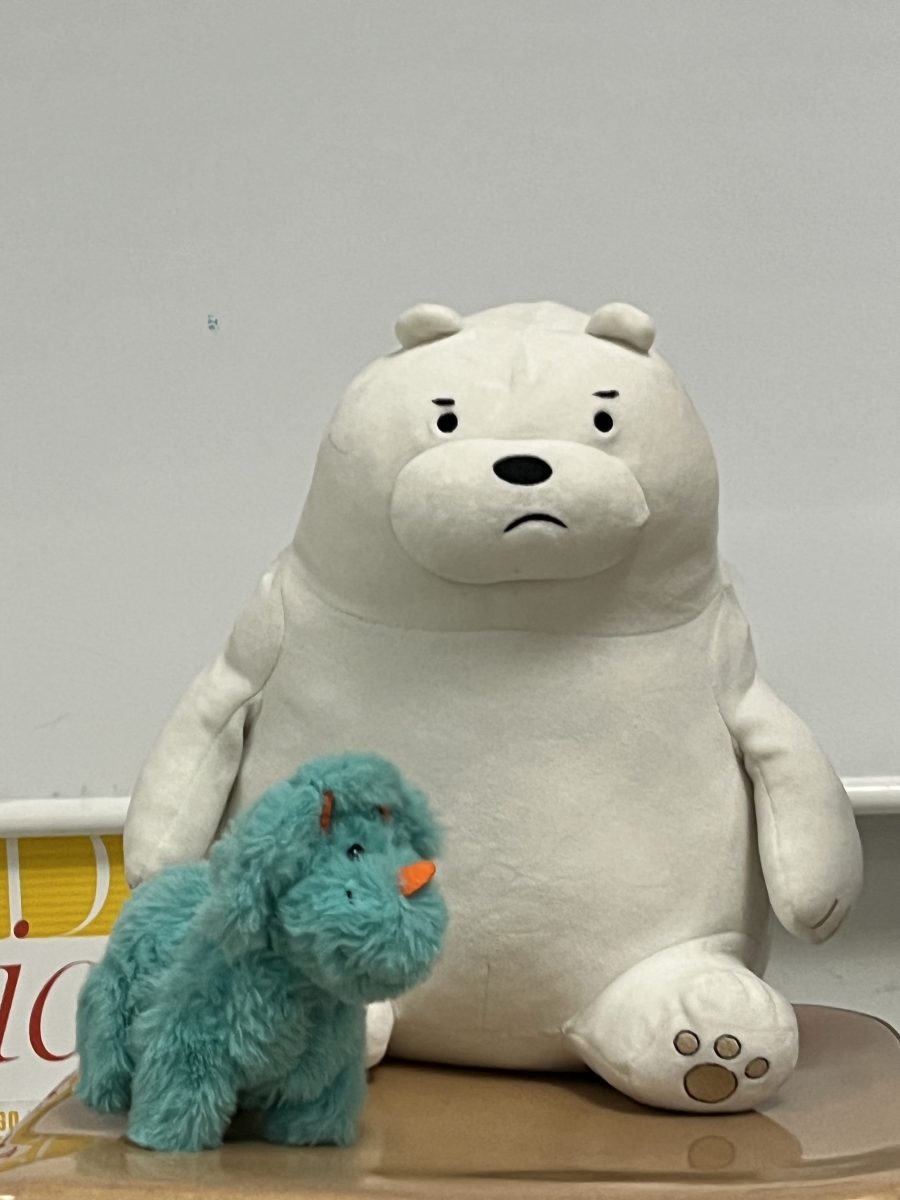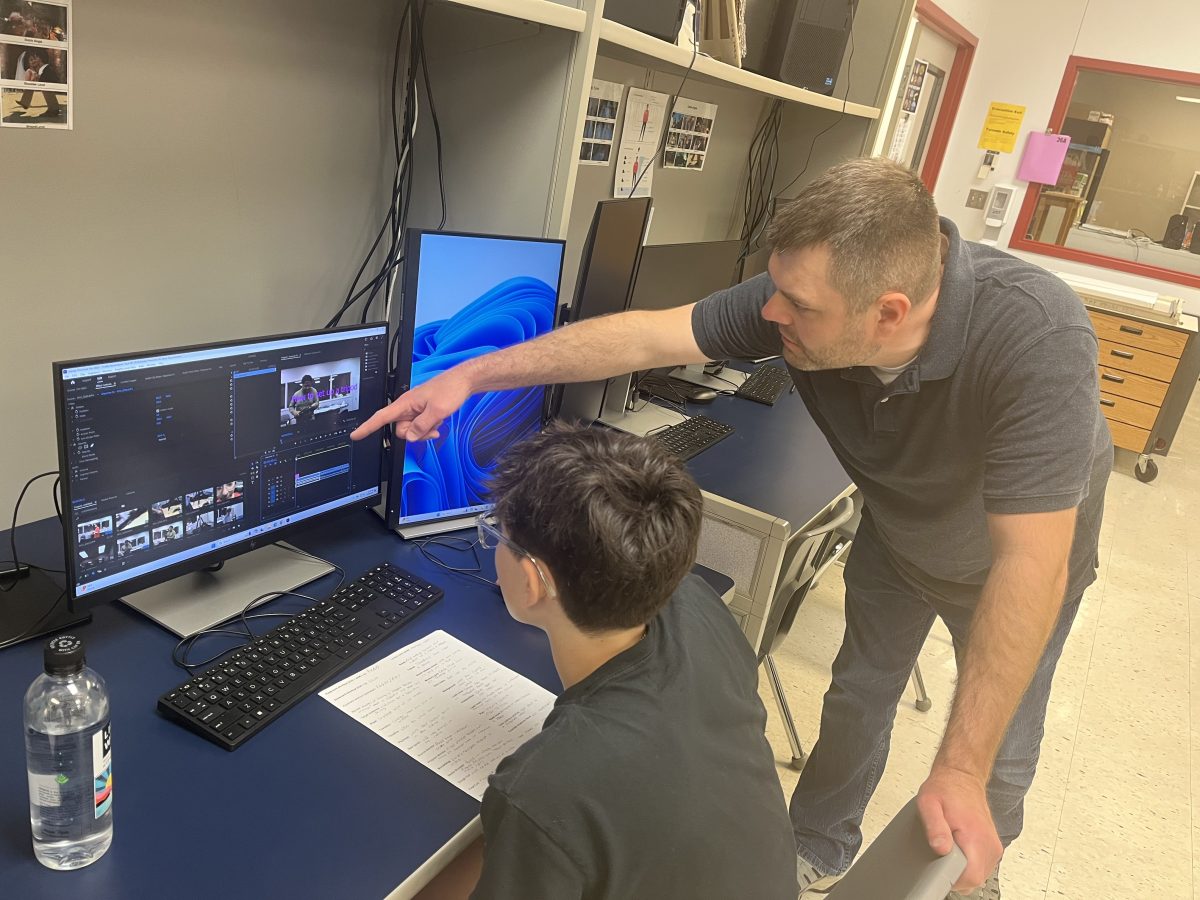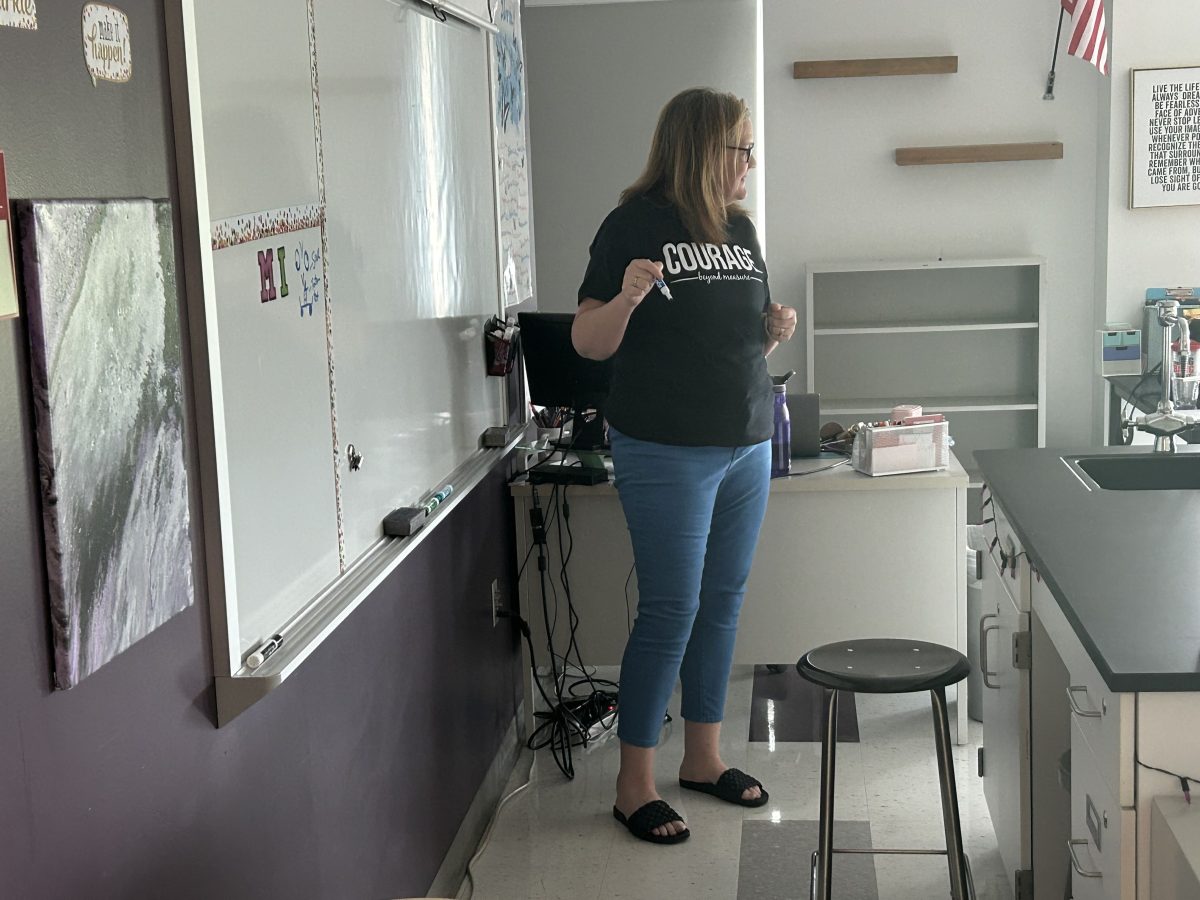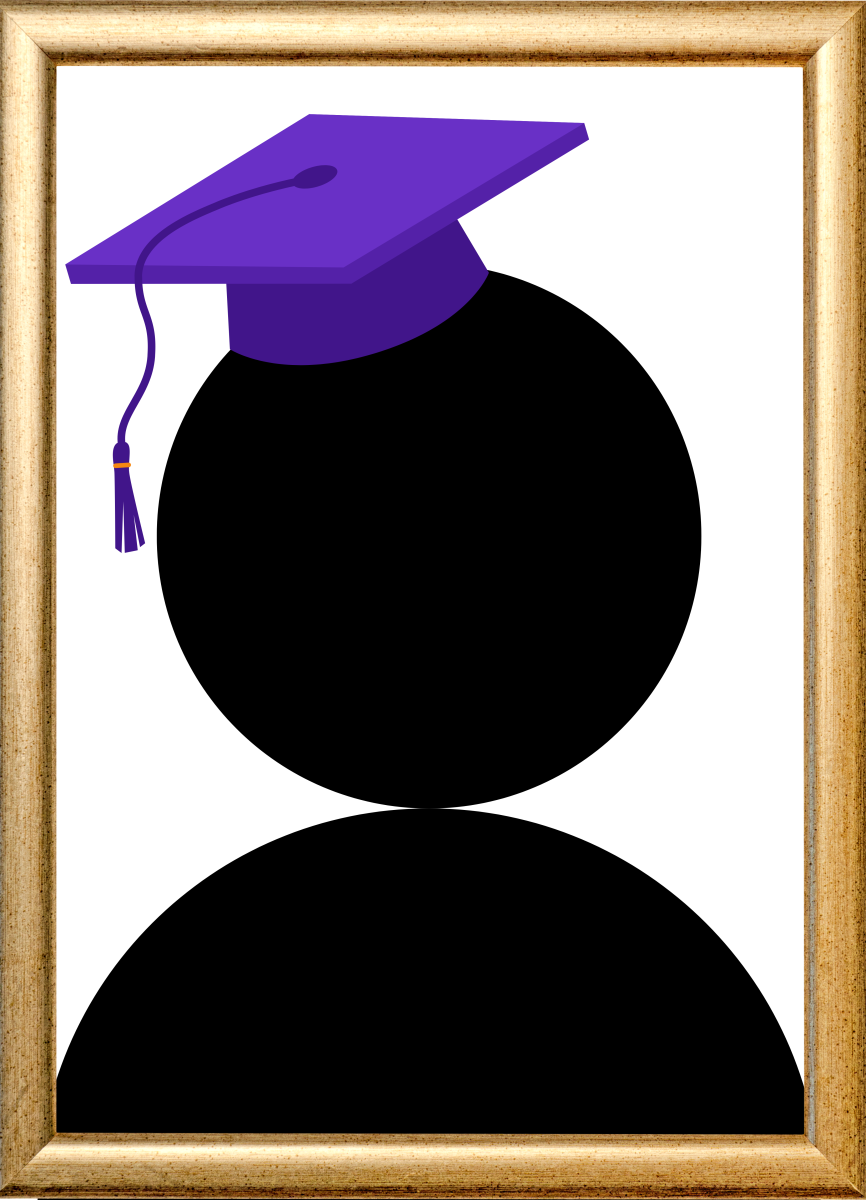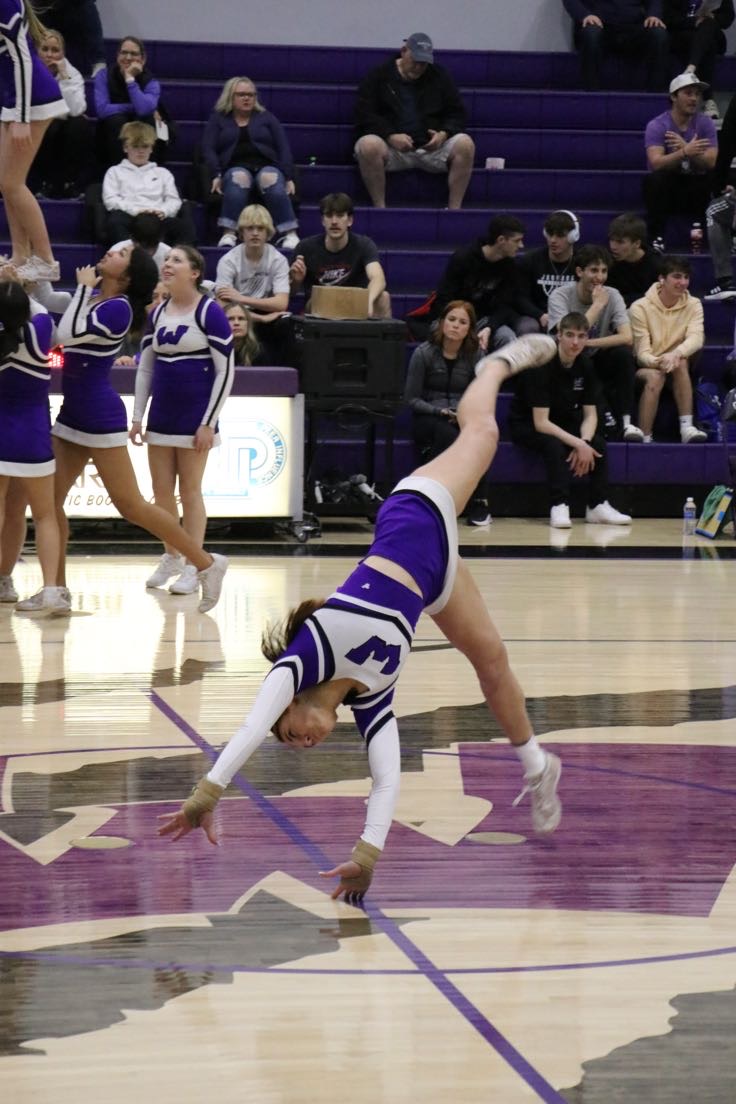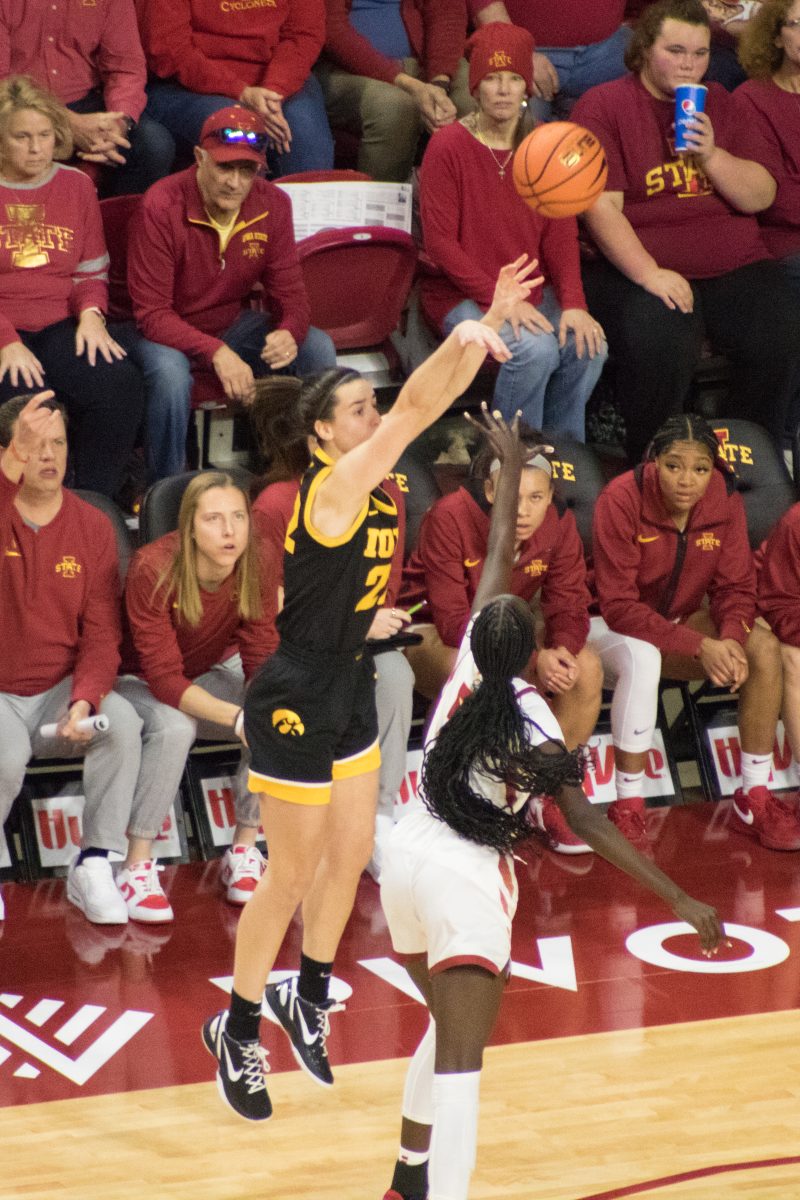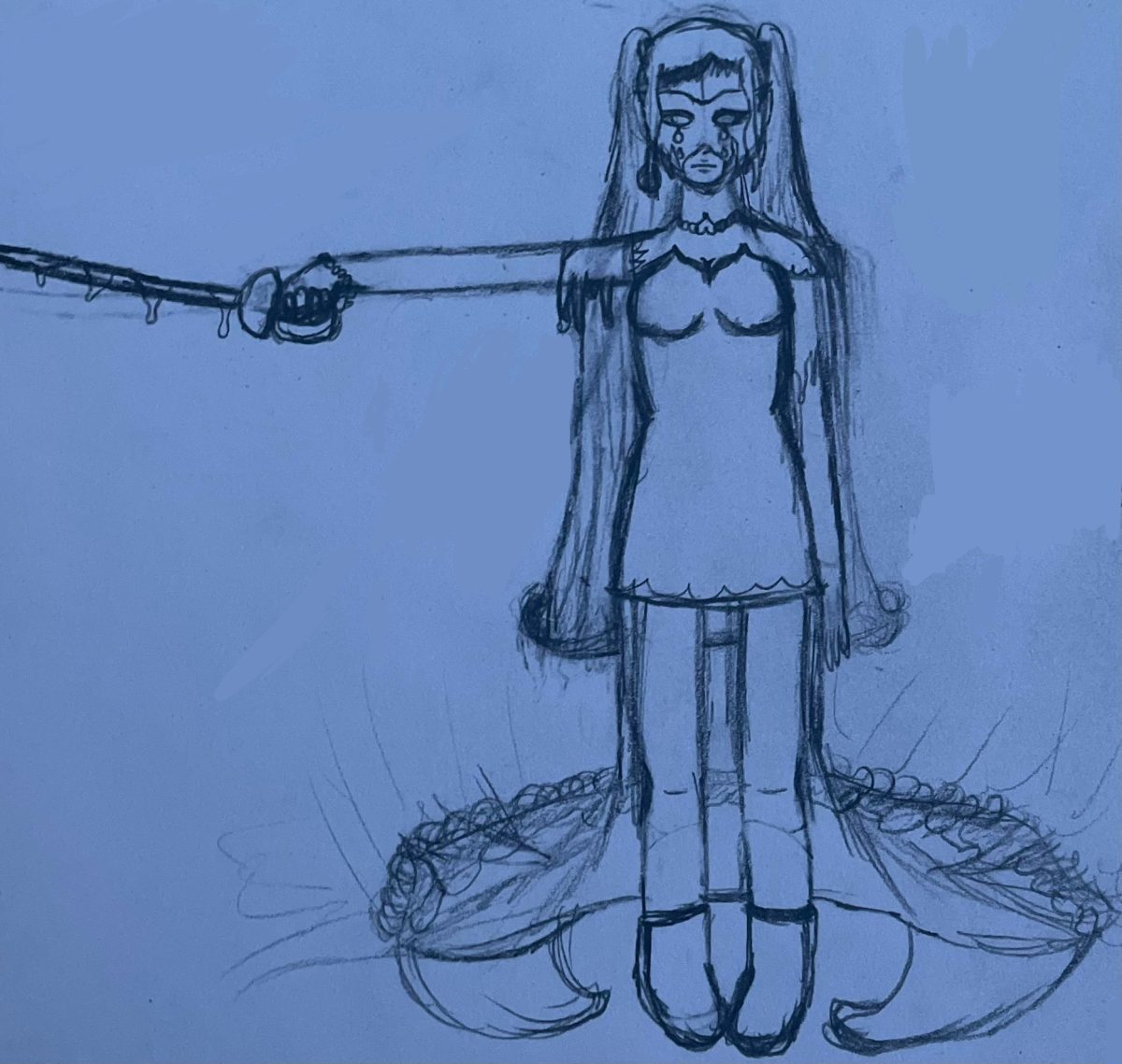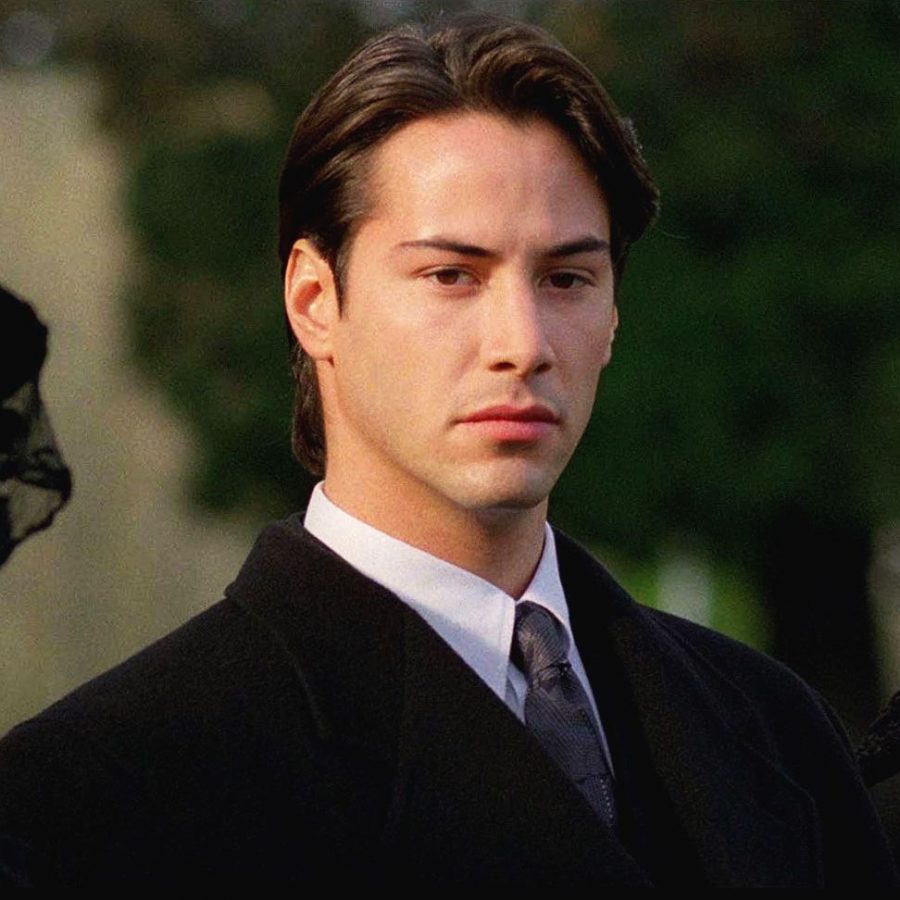As of December, the Francis Howell School Board voted to remove the Black history and Black literature classes from the three high schools in the district. The two classes were originally introduced to the district in 2021, after the vowing of an anti-racism resolution had been pledged following the death of George Floyd in 2020. The resolution had stated that the district would “speak firmly against any racism, discrimination and senseless violence against people regardless of race, ethnicity, nationality, immigration status, religion, sexual orientation, gender identity or ability,” according to stlpr.com.
“The resolution started as the district’s way of protecting students from racism and discrimination in the aftermath of George Floyd’s death, which caused many movements and changes across our country,” eighth grader at Barnwell Middle School Sophia Johnson said.
The Francis Howell School Board is made up of seven people—president Adam Bertrand, vice president Randy Cook, treasurer Jane Puszkar and directors Ron Harmon, Chad Lange, Mark Ponder and Janet Stiglich. The ages of the members range from 44 years to 64 years, and each member on the board is white, according to fhsdschools.org.
In July 2023, the board rescinded the anti-racism pledge. The tally was five to two, with Bertrand, Cook, Puszkar, Harmon and Ponder voting to remove the resolution, and Lange and Stiglich in favor of keeping the resolution. In the end, the anti-racism resolution was officially sunsetted, according to ksdk.com.
“To me, [it] feels [like] the board is not being cognizant of how the removal of the resolution can hurt many students,” Johnson said.
Many students in the Francis Howell School District are against the removal of the courses. It was not an issue of whether or not the classes were popular, as there were students interested in taking these classes.
“I have always been interested in taking the Black history and literature classes,” Johnson said. “I’ve been looking forward to it since 2020, when I was a fifth grader fighting for these courses at board meetings.”
Students believe that these classes are significant and that the lessons taught contained vital information.
“I think the classes are important because there is so much misrepresentation of Black history and Black literature, especially in our area,” Johnson said. “Our history is so important and it is very hurtful that we have board members that don’t see it the same way. Not only is this issue dividing our community, but students and staff alike.”
The board overturned the decision to remove the Black history and Black literature classes, but they would be changing the curriculum to be more “politically neutral” for the next school year, according to spectrumlocalnews.com.
“It’ll be impossible to teach history from a politically neutral standpoint, as history is not politically neutral,” Johnson said. “It is controversial, as most history and literature is, and students of the ages required to take these classes, 16-18, should be able to form their own opinions about lessons.”
How the classes will be changed to be “politically neutral” is widely unknown by students in the Francis Howell School District.
“I think that they’re going to censor the class, which leaves out a very important part of Black history,” freshman at Francis Howell Central High School Lillian Richter said. “It’s important not to lean one way, especially in classes; however, it’s still important to include viewpoints.”
Students who are advocating for the classes want this issue to be taken seriously.
“From our anti-racism resolution’s removal to the confusion about these courses, it sometimes seems like the school board members [that are] pushing forward on things like this don’t care about all students,” Johnson said. “As students, we spend a lot of our life [until our graduation] in classrooms, so if the people that make the classes don’t care about your history/culture, how would you feel?”







